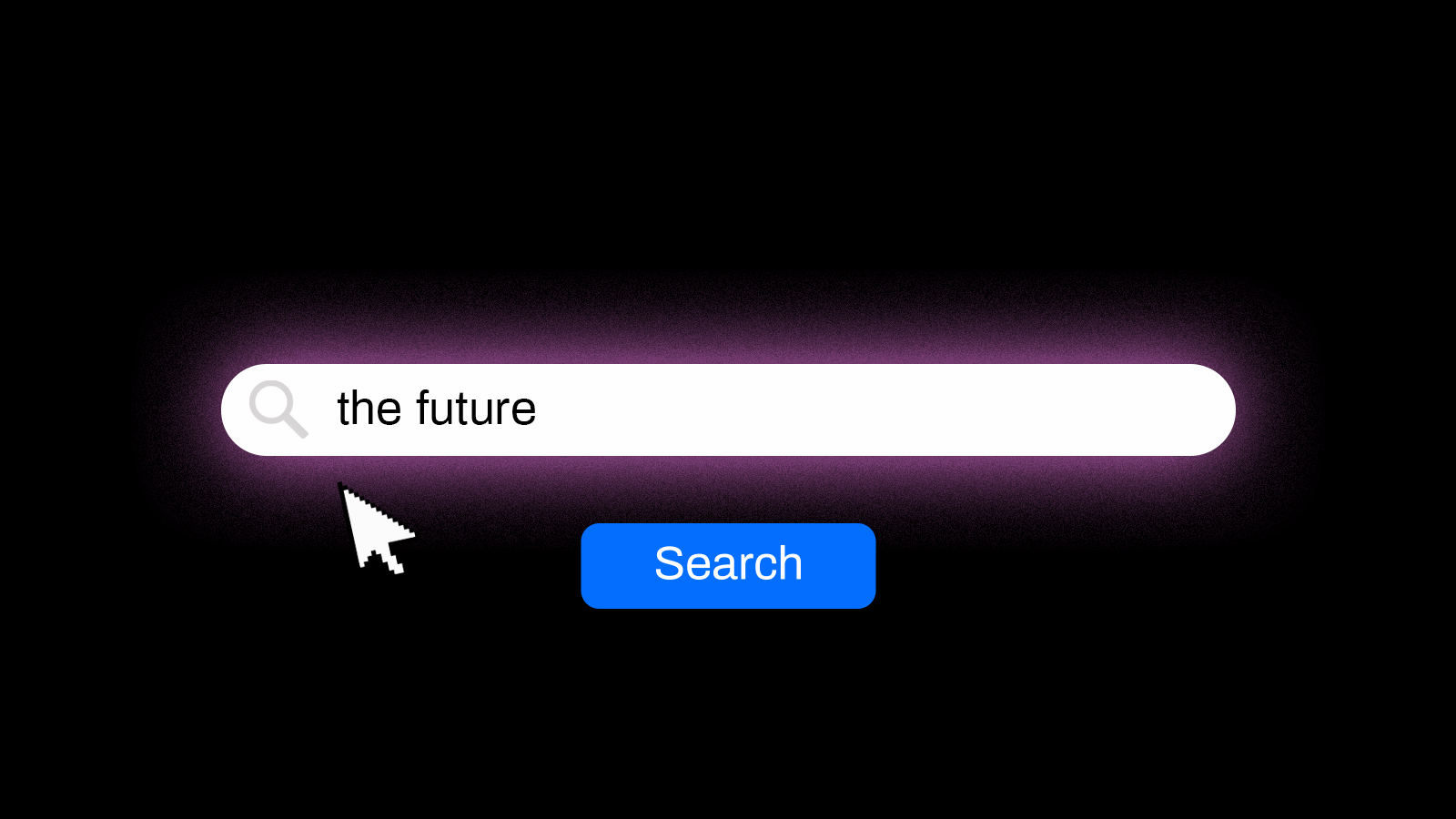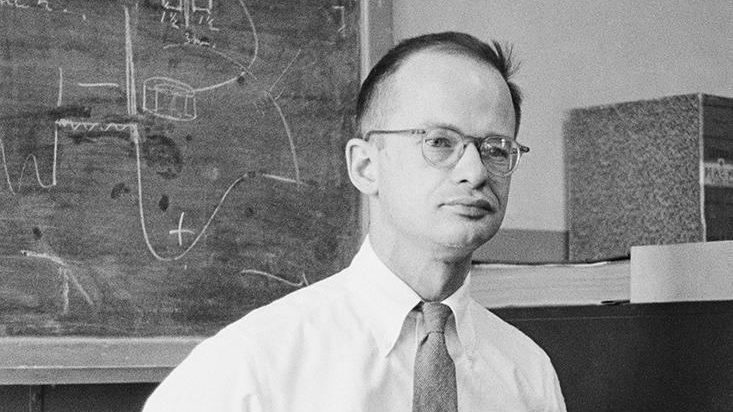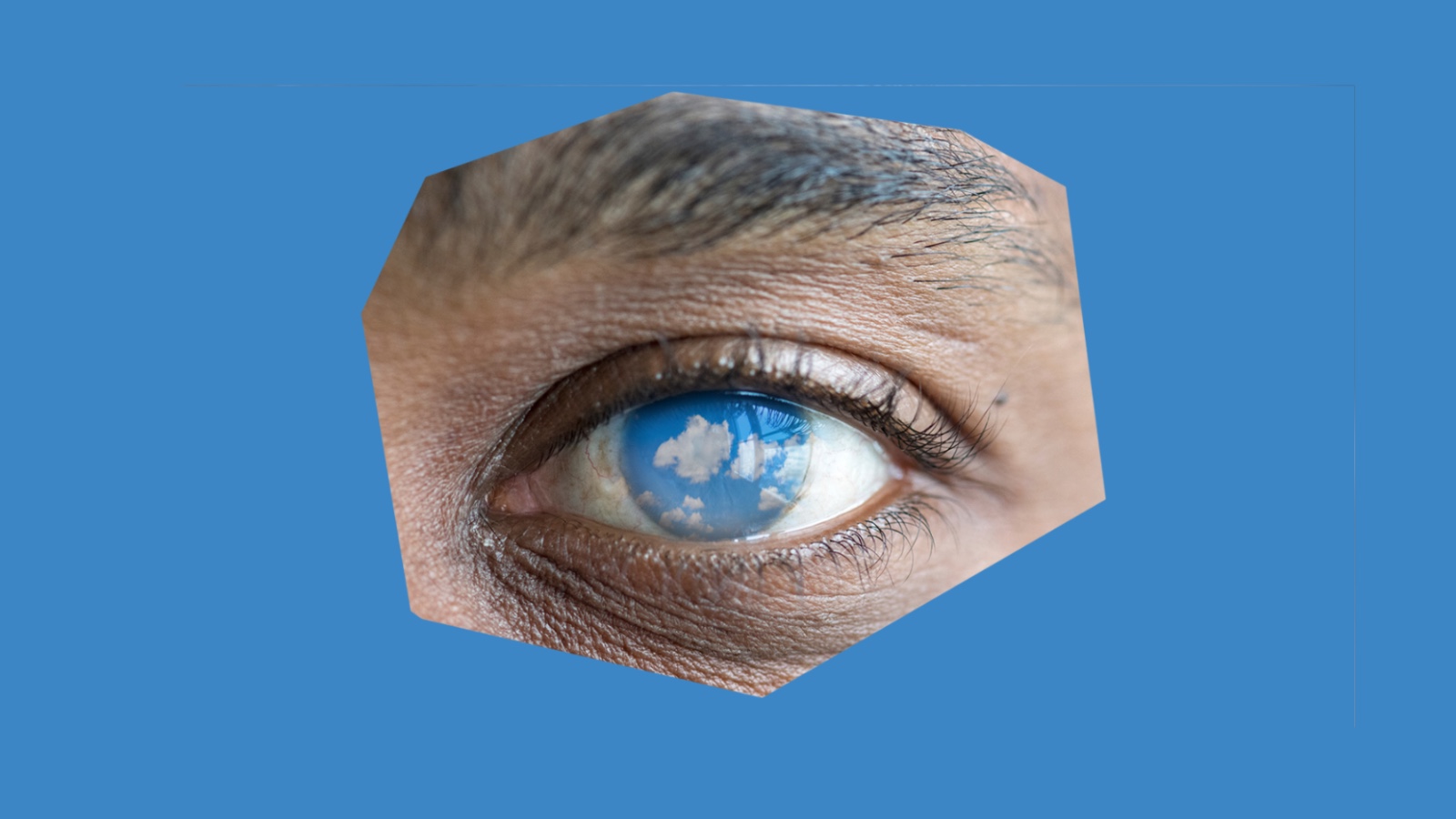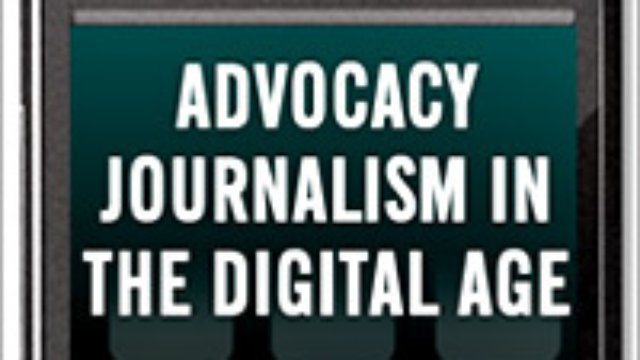Can Google Search Our Souls?

“The future of search is verbs.” This is what Bill Gates told Esther Dyson over dinner, and what Esther Dyson told us at Big Think’s Google v. Bing/Farsight 2011: Beyond the Searchbox event today in California. Dyson, possibly the coolest woman in the world—certainly one of them—was predictably articulate in her vision for the future during brief remarks. What “the future of search is verbs” means, she explained, is that search was originally about nouns, about things. What is X, and where do I find it? The next generation of search will be about accomplishment. Before, we looked for cars; now, we want steps to a destination. Or, as she put it, the question is not, What is the location but rather, How do I get there?
Elegant, and interesting. But what comes after that? What comes after verbs—metaphors? Once we have learned how best to possess things we want, and how wisely to arrive at places we want to go; once we know how to operate rare knives and how to explode Coke cans with pistols; once we’re brain-dead from the arcana of celebrity diets and equally elevated from the promise of revolutionary Twitter posts, will we then divine a function with which we can search what really make us tick?
Listen to Malcolm Gladwell. He says that “[the search companies] are solving lots of problems that aren’t really problems. Can we make a better Google or Bing? Yeah, I’m sure we can, but it solves a problem that’s not really a problem. You cannot point to any area of intellectual activity or innovation that is today being compromised or hamstrung by some failure in their search technology.”
Or, listen to Tom Stoppard, whose play Arcadia captured the irony of visionary ideas—and, in its way, of what it means to lose and find things:
We shed as we pick up, like travellers who must carry everything in their arms, and what we let fall will be picked up by those behind. The procession is very long and life is very short. We die on the march. But there is nothing outside the march so nothing can be lost to it. The missing plays of Sophocles will turn up piece by piece, or be written again in another language. Ancient cures for diseases will reveal themselves once more. Mathematical discoveries glimpsed and lost to view will have their time again. You do not suppose, my lady, that if all of Archimedes had been hiding in the great library of Alexandria, we would be at a loss for a corkscrew?
Nothing is lost. (Nothing that matters.) And yet, while the Search Kings will make it ever easier to find things, they can no sooner return us the original Library of Alexandria than they can return us the emotions of Alexandrians last year. Technology will compliment “real” problems, but once search becomes commoditized, do we think it can change the way we see the world? For that, we will still need nouns and verbs. And we will need individuals to order them, and give them depth.





